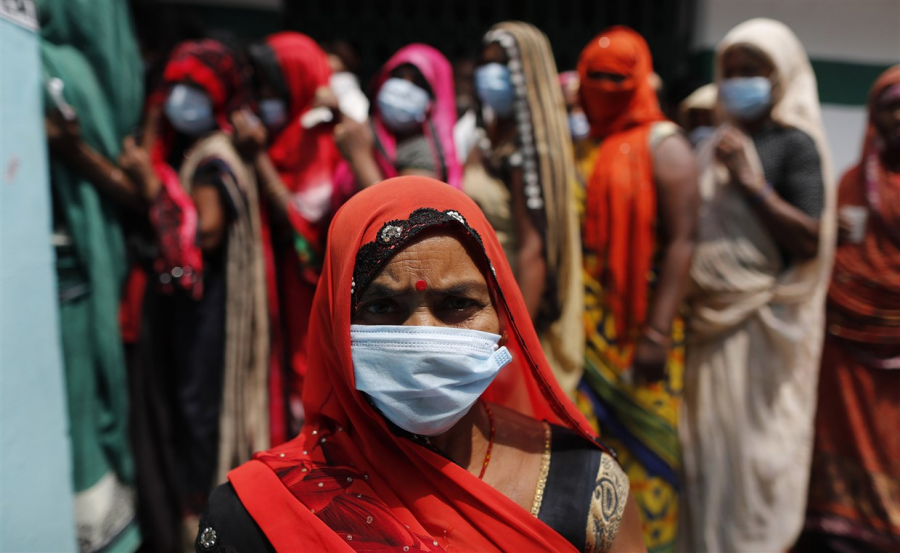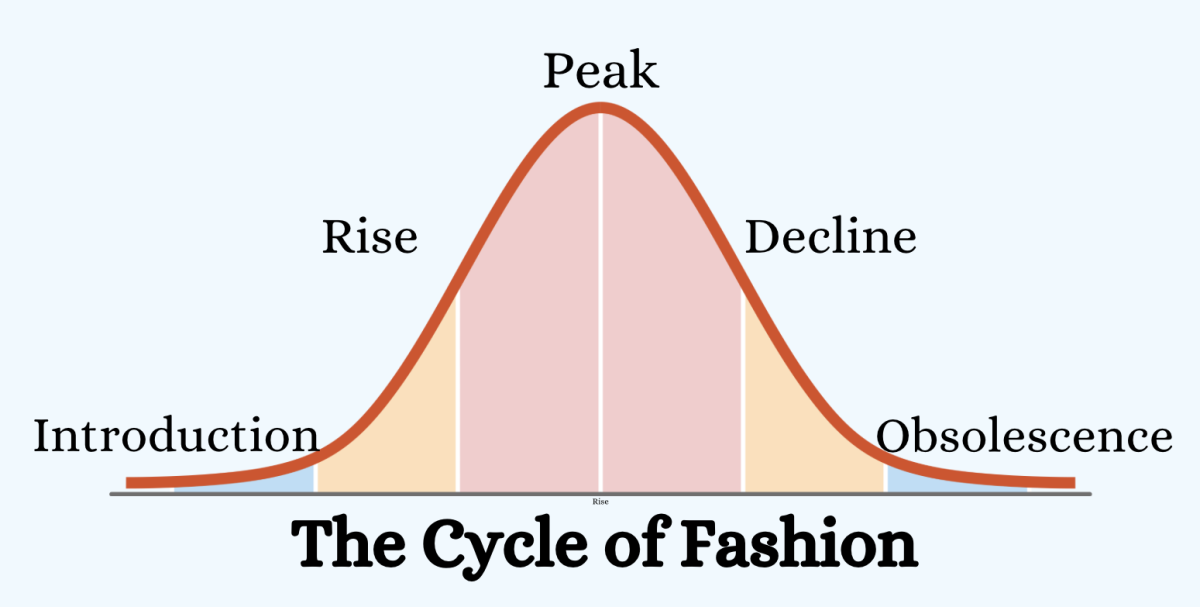Celebrating Earth Day Everyday
The fate of our planet is in our generation’s hands. Be the change for the future!
June 5, 2019
It’s 2019, and people are starting to open their eyes to the current reality: our world is in critical danger and requires immediate help. To act in response to this actual crisis, here are a few tips to help minimize your ecological footprint and help the planet.
1. Eat less meat
If you weren’t aware of it already, there is a direct correlation between red meat and climate change. Agriculture takes up vast portions of land and in doing so, often includes deforestation displacing thousands of species and releasing carbon dioxide. By eating less meat, you are decreasing the billions of dollars in funds that go to meat industries and their extensive resource use. This decline in funds will inevitably discourage meat production at the current level and lower the rates. Not to mention, the meat eating cycle does not end with merely killing the animals, but also the transportation and processing of the meats heavily release greenhouse gases and waste energy.
Tip: By simply eating less meat or even practicing “Meatless Mondays,” your eating habits are capable of having a powerful difference.
2. Shop sustainably
Sustainable shopping includes the broad realm of consumerism– shopping in terms of fashion, appliances, and even everyday products. The fashion industry is the second greatest polluting industry in the world. Think about it. We buy new outfits to match each occasion or new styles, but when that day is over or the style is considered “last-season,” those clothing items are left in our closets and we repeat the cycle to satisfy our new needs. This repeating cycle of overconsuming and excessively demanding clothing leaves so many clothes in landfills. In addition, the production of clothing and maintenance of the factories uses a large amount of water, energy, and in some cases, exploited workers.
Tip: Shop less. Purchase gently-worn clothing from thrift stores, second-hand shops, and even in your neighborhood. If you really want brand new clothing, first look at companies known for their sustainability!
3. Reduce paper use
From school to work to everyday life, we use pieces of paper every single day. That adds up quickly and ends up in landfills.
Tip: To minimize their effect on landfills, use less paper, double-side print, and save scratch paper.
4. Carpool
Cars emit air pollutants in the air and consume gasoline. These air pollutants are known to cause cancer, asthma, and other problems. Furthermore, the emissions release carbon dioxide that contributes to global warming.
Tip: Carpool with others to ensure that you are minimizing the amount of emissions left in the atmosphere. Use trains, buses, and other forms of public transportation rather than individual cars.
5. Turn off your electronics
Tip: When they’re not in use, turn off room lights, unplug unused appliances, and be mindful of how much energy you use.
6. Cut plastic
Plastic is not degradable so when thrown away, it can remain intact for up to 2000 years. This takes up large portions of land in our landfills. Even in the oceans, plastic pollutes our world. The shiny and soft-appearing qualities of plastic confuse many marine animals to be food. When they mistakenly eat it, the plastic obstructs their body from functioning normally, and they often die from suffocation. Plastic can also harm animals’ exterior bodies. For instance, a straw can get stuck in a turtle’s nostril and a bottle cap can surround a bird or duck’s neck.
Tip: Purchase products that can easily be washed and re-used rather than throwing away one-time plastics. Rather than single-use plastic bottles, switch to a reusable bottle.
7. Throw away trash and pick up litter
Tip: Make sure that everything that needs to be thrown away enters a trash can. If you see trash lying around that isn’t yours, be the superior person and throw theirs away too.
8. Recycle
Most people know the three R’s, but did you know that each is more effective and beneficial to the environment? In order of most to least environmentally friendly: Reduce, Reuse, Recycle. While recycling comes last, it’s important to still recycle the things that need to be.
Tip: Recycle your plastic bottles, paper, and soda cans.
Every action of ours is capable of having an incredible impact. As Gandhi once said, “Be the change you wish to seek in the world.” If you hope to save our planet, act in a conscientious way and live in a way that is friendly and sustainable to our home.












































